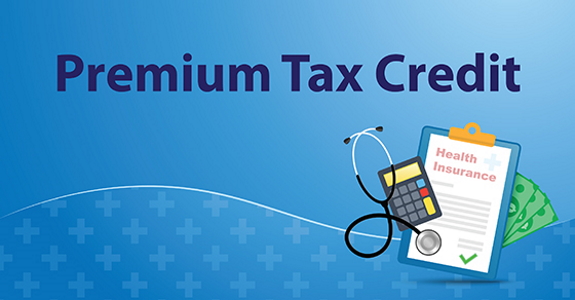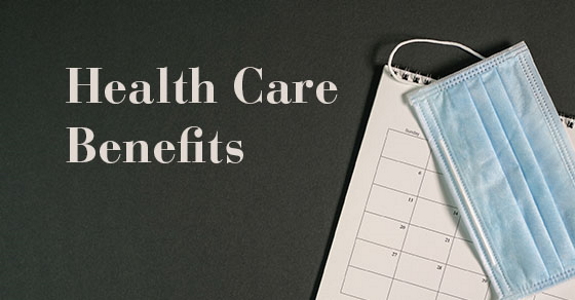Category: Benefits
-

Businesses Can Show Appreciation — and Gain Tax Breaks — with Holiday Gifts and Parties
With Thanksgiving just around the corner, the holiday season will soon be here. At this time of year, your business may want to show its gratitude to employees and customers by giving them gifts or hosting holiday parties again after a year of forgoing them due to the pandemic. It’s a good time to brush…
-

Providing Education Assistance to Employees? Follow These Rules
Many businesses provide education fringe benefits so their employees can improve their skills and gain additional knowledge. An employee can receive, on a tax-free basis, up to $5,250 each year from his or her employer for educational assistance under a “qualified educational assistance program.” For this purpose, “education” means any form of instruction or training…
-

Changes to Premium Tax Credit Could Increase Penalty Risk for Some Businesses
The premium tax credit (PTC) is a refundable credit that helps individuals and families pay for insurance obtained from a Health Insurance Marketplace (commonly known as an “Exchange”). A provision of the Affordable Care Act (ACA) created the credit. The American Rescue Plan Act (ARPA), signed into law in March 2021, made several significant enhancements…
-

Latest on COVID-19-Related Deadline Extensions for Health Care Benefits
The U.S. Department of Labor (DOL) recently issued EBSA Disaster Relief Notice 2021-01, which is of interest to employers. It clarifies the duration of certain COVID-19-related deadline extensions that apply to health care benefits plans. Extensions to continue The DOL and IRS issued guidance last year specifying that the COVID-19 outbreak period — defined as…
-

Maximize Your 401(k) Plan to Save for Retirement
Contributing to a tax-advantaged retirement plan can help you reduce taxes and save for retirement. If your employer offers a 401(k) or Roth 401(k) plan, contributing to it is a smart way to build a substantial sum of money. If you’re not already contributing the maximum allowed, consider increasing your contribution rate. Because of tax-deferred…
-

Employees: Don’t Forget About Your FSA Funds
Many employees take advantage of the opportunity to save taxes by placing funds in their employer’s health or dependent care flexible spending arrangements (FSAs). As the end of 2020 nears, here are some rules and reminders to keep in mind. Health FSAs A pre-tax contribution of $2,750 to a health FSA is permitted in both…
-

ESOPs Offer Businesses a Variety of Potential Benefits
Wouldn’t it be great if your employees worked as if they owned the company? An employee stock ownership plan (ESOP) could make this a reality. Under an ESOP, employee participants take part ownership of the business through a retirement savings arrangement. Meanwhile, the business and its existing owner(s) can benefit from some tax breaks, an…
-

Tax Implications of Employer-Provided Life Insurance
Does your employer provide you with group term life insurance? If so, and if the coverage is higher than $50,000, this employee benefit may create undesirable income tax consequences for you. “Phantom income” The first $50,000 of group term life insurance coverage that your employer provides is excluded from taxable income and doesn’t add anything…
-

IRS Releases 2021 Amounts for Health Savings Accounts
The IRS recently released the 2021 inflation-adjusted amounts for Health Savings Accounts (HSAs). HSA basics An HSA is a trust created or organized exclusively for the purpose of paying the “qualified medical expenses” of an “account beneficiary.” An HSA can only be established for the benefit of an “eligible individual” who is covered under a…
